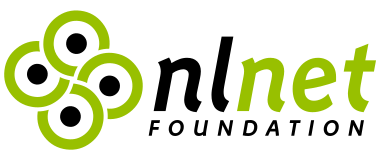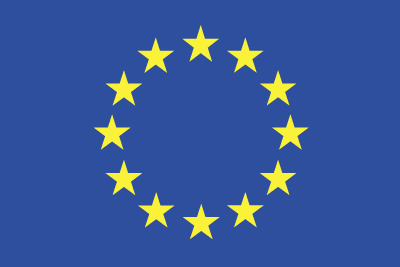Internet architecture renovation
About Us
BSD-sockets are still used for communicating over the Internet by establishing a channel between two peers. This has lead to an increasing tension between service providers (video streaming, search engines, social networks) and network operators (providing Internet connectivity and transit). Programming sockets seems to favor centralized architectures: the complexity of distributed architectures is quadratic in the number of channels, whereas centralized architectures require only linear channels. Moreover, more channels became encrypted due to EU privacy regulations (GDPR). But, network operators that deploy non-standard ad-hoc middleware (using Deep Packet Inspection) to increase the quality of service (optimize traffic to improve latency and throughput, monitor traffic to detect intrusions and abuse) thus became less effective! We need better support for operators to further improve quality of service without having to give up on privacy, and making programming of decentralized Internet applications simpler.
Vision
As more Internet traffic is encrypted to enhance the privacy of its users, its nature is less insightful to network operators. This might lead to inefficient routing of traffic, the inability to monitor for abuse, and unfair networking practices. The vision of the Reowolf project is to build new communication methods that increase user privacy and trustworthiness of Internet infrastructure, aimed at separating private message contents from the description of network communication. In the end, this might result in an alternative to Deep Packet Inspection for network operators that better protects privacy for users, and higher performance of complex data streaming applications by increasing throughput and decreasing latency.
Ambition
Our ambition is to enhance the programmability of the Internet to support the needs of the future digital society, including privacy, trust, and scalability. Reowolf’s innovative connectors are programmable with high-level reusable protocols to coordinate complex data-streams, making programming decentralized applications simpler. Connectors are a proven, powerful technology, based on decades of research on Reo: an exogenous coordination language in which connectors are compositionally built out of simpler ones. Compositionality of connectors allows tackling the formal verification of high-level protocol properties, analysis of quality of service improvements, and compilation of high-level protocols into safe, efficient low-level communication primitives with protocol deviation detection capabilities.
software is everywhere
Our Team
We are part of the Computer Security group at Centrum Wiskunde & Informatica (CWI).
In 1988, CWI was first in Europe to connect to what became the Internet.
We now pick up the baton, as next generation Internet architects.
Architecture is the most difficult to change on the Internet:
Change can take decades to gain traction.
Architecture is foundational to every application built on top, thus must be supported by
a solid theoretical understanding inasmuch to foresee long-term consequences.
Our project builds on decades of research on Reo performed at CWI.




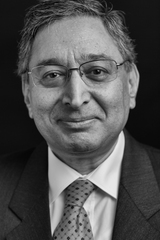
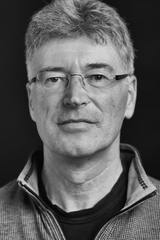
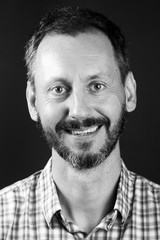
Reowolf 1.0 has received funding from NGI ZERO PET Fund, a fund established by NLnet Foundation with financial support from the European Commission, as part of the Horizon 2020 Research and Innovation Programme, under grant agreement No. 825310.
Reowolf 2.0 has received funding from NGI POINTER, the Next Generation Internet Program for Open Internet Renovation, with financial support from the European Commission, as part of the Horizon 2020 Research and Innovation Programme, under Grant Agreement No. 871528.
Verified Reowolf has received funding from NGI Assure Fund, a fund established by NLnet Foundation with financial support from the European Commission’s Next Generation Internet programme, under the aegis of DG Communications Networks, Content and Technology under grant agreement No. 957073.
